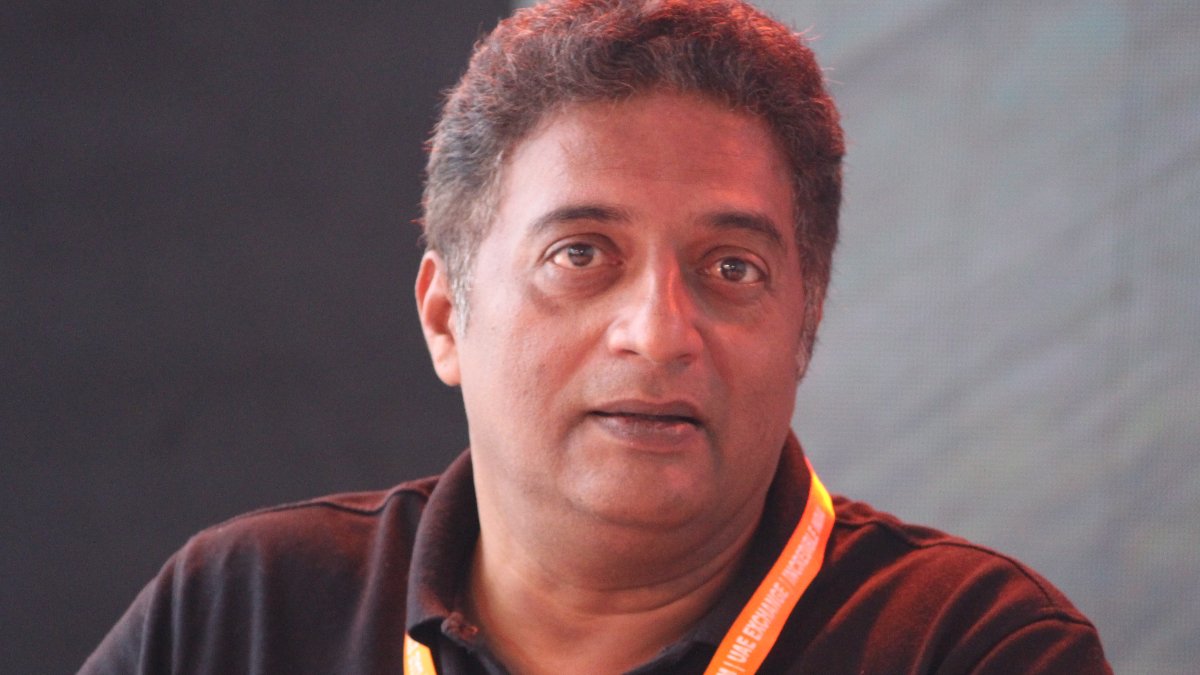The past few weeks have shown, from Kolkata to Badlapur and beyond, that people’s wrath and outrage have become essential for the fundamental processes of law and justice to merely start rolling even in cases of heinous crimes. Only when trainee and resident doctors protested around the country, refusing to get back to work in the inhuman and unsafe conditions they are forced into, did many pieces start moving after the brutal rape-murder of the trainee doctor in Kolkata’s RG Kar Hospital and Medical College. The Supreme Court had to intervene and implore the protesting doctors to get back to work in the larger public interest. In Badlapur, Thane district, it took enraged residents to gather in large numbers at the railway station, disrupting the suburban railway services in the Mumbai Metropolitan Region, for the police to take minimum action on the alleged sexual assault and rape of two toddlers aged 3-4 years.
In both the cases, to take only two of the many cases of sexual crimes against women that have happened in the past fortnight, there were delays in the basic legal procedure of the concerned police filing the crucial FIRs. As the SC observed, the delay in Kolkata was 14 hours; the Badlapur police took a few days. At both places, the heads of the learning institutions attempted to either cover up or make light of the incident citing the “reputation” of the institution rather than take charge of a bad situation, reach out to the affected people, and do all that was required to get justice for the victims. Why did they behave the way they did? Was it because of vested interests that can be traced back all the way to politicians, especially of the ruling party in both the cases? Why then should they be tasked to lead institutions anyway, especially institutions of learning which are meant to be safe spaces for women and girls? How did the head of the Badlapur school allow a man to escort two toddler girls to the washroom?
Even as incontrovertible answers to these questions are difficult to come by, the important question is this: is the moral and legal system so completely broken that it takes outrage and protests by a large number of people for the wheels of justice to start moving? In the present circumstances, this appears a good thing to have happened, that some incidents galvanised and mobilised people to take to the streets and demand better governance.
This people’s power to move a reluctant system gives hope when other cogs of the system collapse or seem stuck. This is, we are reminded by the political opposition, people’s power. A must-have element in a democracy. While people’s power and its demonstration on issues of public interest must be lauded, we cannot but pause to reflect why the force of this power was needed for the first modicum of action by the authorities. The system and law and justice is meant to work as a process, with its protocols, irrespective of the people involved. In both cases, this failed. The likely reasons were political connections of those leading the institutions. When a political agenda compromises the established processes and protocols, people’s power may have an impact. But there is no telling when this power turns against some of the weakest members of the society — minorities, for example.
At a larger societal level, if people’s power is needed to even get the wheels of justice moving the first inch, then it must be said that India, as a nation and a society, is at the very nadir of what was recognised as a chaotic but functioning democracy with a semblance of the rule of law. There is little to convince people to keep believing in the process of law and justice when it visibly and repeatedly collapses. And the result of this is the collapse of people’s faith in the system itself, in the democratic structure, laying the ground for an anarchic society and nation. The outraged crowd at Badlapur wanted the accused “to be hanged here and now” — a descent into mob justice. Ironically, several of them were booked for protesting. If every crime were to be dealt with revenge by people who turn into an enraged mob, then would that not be the very repudiation of people’s power in a democracy? It bears reminding that revenge is not justice but when justice cannot be seen to be done then people will stoop to revenge. And that’s a dangerous turn in a democracy.




